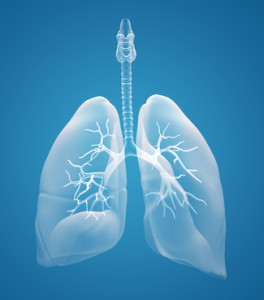 Cancers are generally caused by protein loss or gain of function, mutations of multiple genes or impairment in the regulation of cell signaling pathways. Dysregulation of caspases, proteins that act as effectors of cell death by cleaving cellular substrates, characterize diseases including inflammatory disorders and cancers. Caspase-2 is one of the most evolutionarily conserved caspases, yet its physiological role, in particular in the context of cancer, is not fully understood.
Cancers are generally caused by protein loss or gain of function, mutations of multiple genes or impairment in the regulation of cell signaling pathways. Dysregulation of caspases, proteins that act as effectors of cell death by cleaving cellular substrates, characterize diseases including inflammatory disorders and cancers. Caspase-2 is one of the most evolutionarily conserved caspases, yet its physiological role, in particular in the context of cancer, is not fully understood.
In a recent study, scientists from the University of Utah and Huntsman Cancer Institute investigated the role of Caspase-2 loss in tumorigenesis and chemotherapy response using a mouse model of lung adenocarcinoma. Researchers found that in the absence of Caspase-2, tumors were larger and more histologically advanced when compared to control mice. In fact, loss of Caspase-2 resulted in an increased ability of cells to acquire a transformed phenotype and become malignant, indicating that Caspase-2 acts as a tumor suppressor protein.
When testing whether Caspase-2 loss impacted the response to chemotherapy, they found that the treatment significantly reduced cellular proliferation, and thus tumor volume, regardless of Caspase-2 status. This finding pointed out that Caspase-2 deficiency did not hinder cell cycle arrest and apoptosis, therefore the protein was not required for chemosensitivity.
The investigators decided to further explore long-term chemotherapy response in these mice and used micro-CT imaging to analyze individual tumors. From these micro-CT scans, Analyze software was used to segment the lungs and measure tumor volume changes during a 2-week recovering period between two cycles of treatment. Surprisingly, tumors in Caspase-2-deficient mice rapidly re-entered the cell cycle and showed a significant increase in volume during the recovery phase, whereas no change was detected during this period in the control mice. Therefore, deficiency in Caspase-2 may limit long-term therapeutic benefit by accelerating tumor recovery following chemotherapy.
Caspase-2 research remains challenging, but this recent study highlights findings that may lead to a more comprehensive understanding of this highly conserved protease and of its tumor suppressive capacity.
Download our Guide to Micro-CT Lung Segmentation
Tags: Pulmonology AnalyzeDirect
AnalyzeDirect